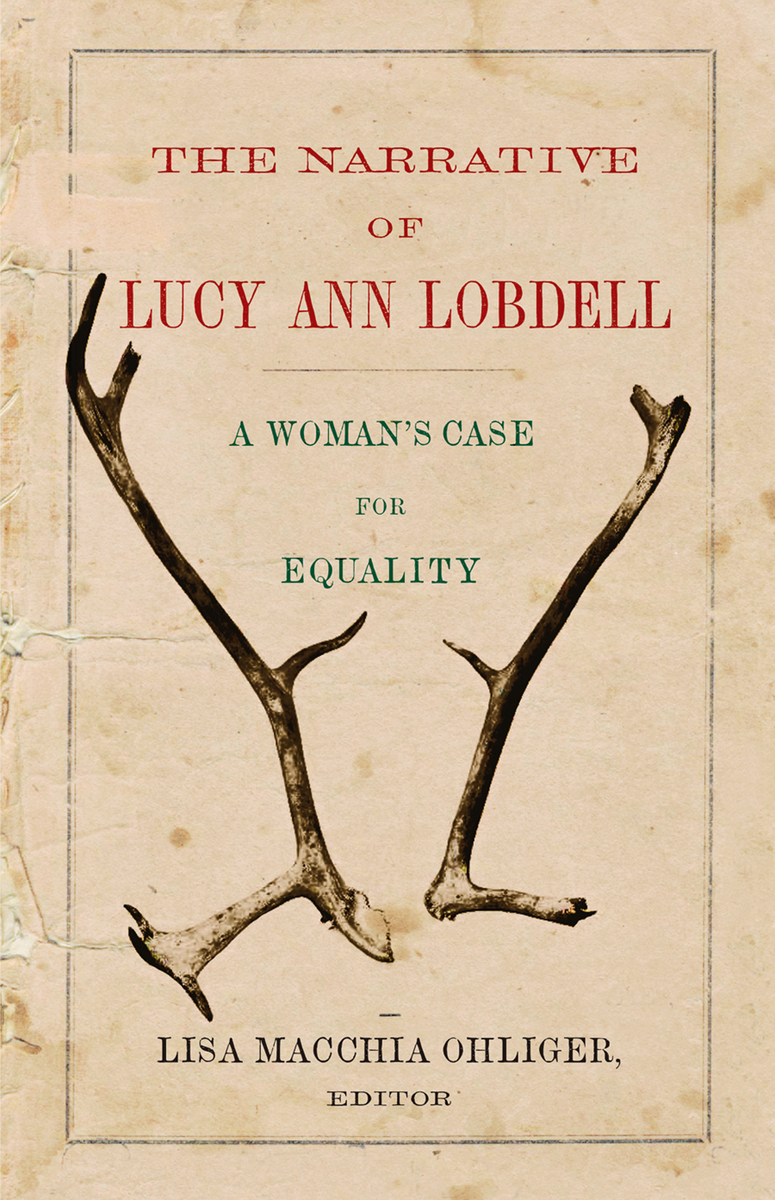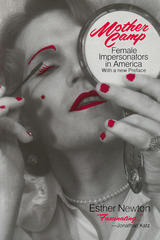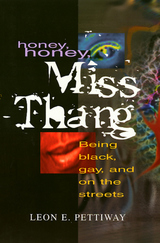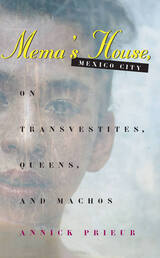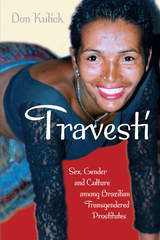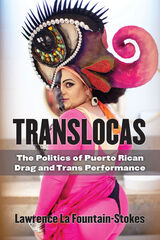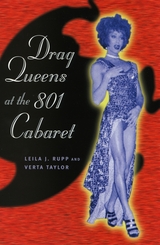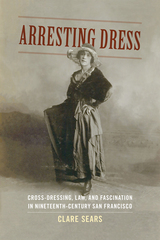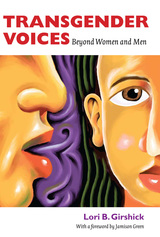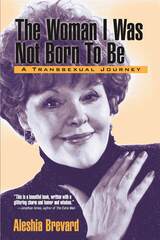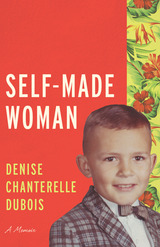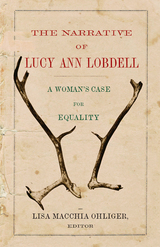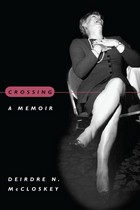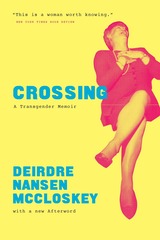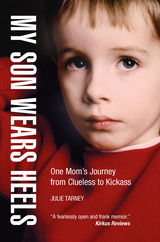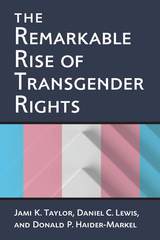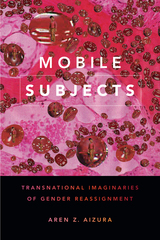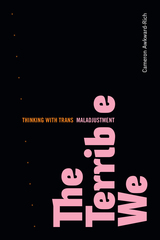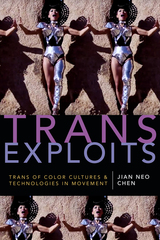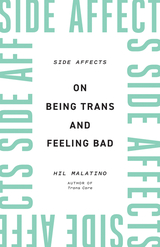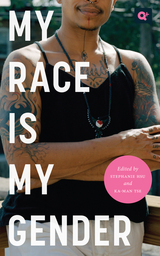The Narrative of Lucy Ann Lobdell: A Woman's Case for Equality
Westholme Publishing, 2024
eISBN: 978-1-59416-633-4 | Paper: 978-1-59416-439-2 | Cloth: 978-1-59416-302-9
Library of Congress Classification HQ77.8.L63A3 2018
See other books on: Frontier and pioneer life | Hunters | Narrative | New York (State) | Transgender people
See other titles from Westholme Publishing
eISBN: 978-1-59416-633-4 | Paper: 978-1-59416-439-2 | Cloth: 978-1-59416-302-9
Library of Congress Classification HQ77.8.L63A3 2018
ABOUT THIS BOOK | AUTHOR BIOGRAPHY | REVIEWS
ABOUT THIS BOOK
Privately Published in 1855, a Rare Autobiography of a Woman Who was Persecuted for Living in a Traditional Masculine Role
“Help, one and all, to aid woman, the weaker vessel. If she is willing to toil, give her wages equal with that of man. And as she bears her own curse, (nay, indeed, she helps to bear a man’s burden also,) secure to her her rights, or permit her to wear pants, and breathe the pure air of heaven.”—from The Narrative of Lucy Ann Lobdell
Lucy Ann Lobdell (1829–1912) was an ordinary woman whose extraordinary life was shaped by personal strife and the hardship of life in early nineteenth-century upstate New York. Struggling with an abusive husband, a young child, ailing parents, and financial strain, Lucy did what was necessary to support her family. In a rural world defined by farming and lumbering, she dressed, labored, and lived in a traditional masculine role. Her prowess as a rifle shot and fiddle player were known locally, but because of her unconventional, androgynous lifestyle, she became a target of public gossip and ridicule. Educated and eloquent, Lucy penned and published, Lucy Ann Lobdell, the Female Hunter of Delaware and Sullivan Counties, N.Y., in 1855. The narrative provides a unique look at the persecution of a woman whose only “offense” was disregard for contemporary societal norms. After her husband was killed during the Civil War, she received a widow’s pension. Ostracized and eventually hospitalized in 1880, she underwent torturous treatment until she confessed to a doctor that she was “a man in all that the name implies,” a self-serving report the doctor used to promote his career.
Whether Lucy was a lesbian, cross dresser, or transgender, we don’t know from the historical record, but as Lisa Macchia Ohliger demonstrates in The Narrative of Lucy Ann Lobdell: A Woman’s Case for Equality, Lucy embodied the nascent women’s rights movement. At the same time, and not far from where Lucy lived and went to school, Amelia Bloomer was advocating the right for women to wear pants and was publishing the feminist newspaper, The Lily, while Susan B. Anthony was pushing for land rights and equal pay for women. All of these issues are found in Lucy’s account. Lucy’s life is an illustration of the historical significance and destructive power of gender in society, and her narrative bears painful witness to the clash between taboo and survival.
“Help, one and all, to aid woman, the weaker vessel. If she is willing to toil, give her wages equal with that of man. And as she bears her own curse, (nay, indeed, she helps to bear a man’s burden also,) secure to her her rights, or permit her to wear pants, and breathe the pure air of heaven.”—from The Narrative of Lucy Ann Lobdell
Lucy Ann Lobdell (1829–1912) was an ordinary woman whose extraordinary life was shaped by personal strife and the hardship of life in early nineteenth-century upstate New York. Struggling with an abusive husband, a young child, ailing parents, and financial strain, Lucy did what was necessary to support her family. In a rural world defined by farming and lumbering, she dressed, labored, and lived in a traditional masculine role. Her prowess as a rifle shot and fiddle player were known locally, but because of her unconventional, androgynous lifestyle, she became a target of public gossip and ridicule. Educated and eloquent, Lucy penned and published, Lucy Ann Lobdell, the Female Hunter of Delaware and Sullivan Counties, N.Y., in 1855. The narrative provides a unique look at the persecution of a woman whose only “offense” was disregard for contemporary societal norms. After her husband was killed during the Civil War, she received a widow’s pension. Ostracized and eventually hospitalized in 1880, she underwent torturous treatment until she confessed to a doctor that she was “a man in all that the name implies,” a self-serving report the doctor used to promote his career.
Whether Lucy was a lesbian, cross dresser, or transgender, we don’t know from the historical record, but as Lisa Macchia Ohliger demonstrates in The Narrative of Lucy Ann Lobdell: A Woman’s Case for Equality, Lucy embodied the nascent women’s rights movement. At the same time, and not far from where Lucy lived and went to school, Amelia Bloomer was advocating the right for women to wear pants and was publishing the feminist newspaper, The Lily, while Susan B. Anthony was pushing for land rights and equal pay for women. All of these issues are found in Lucy’s account. Lucy’s life is an illustration of the historical significance and destructive power of gender in society, and her narrative bears painful witness to the clash between taboo and survival.
See other books on: Frontier and pioneer life | Hunters | Narrative | New York (State) | Transgender people
See other titles from Westholme Publishing
